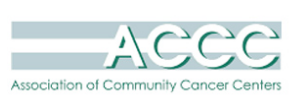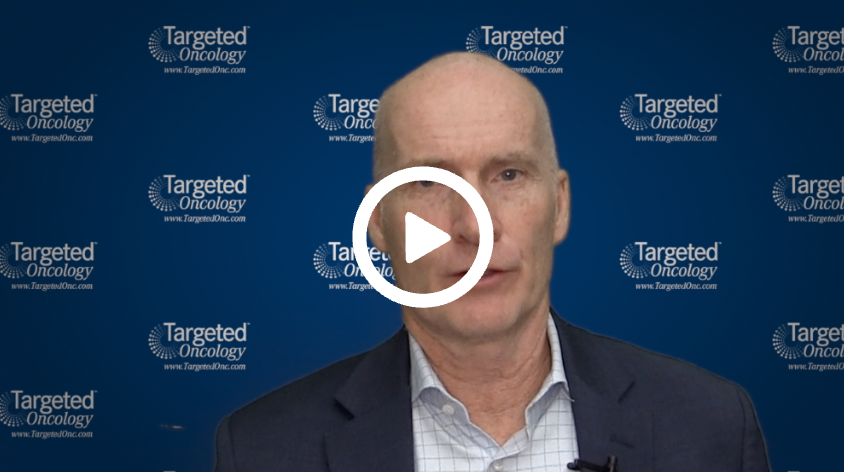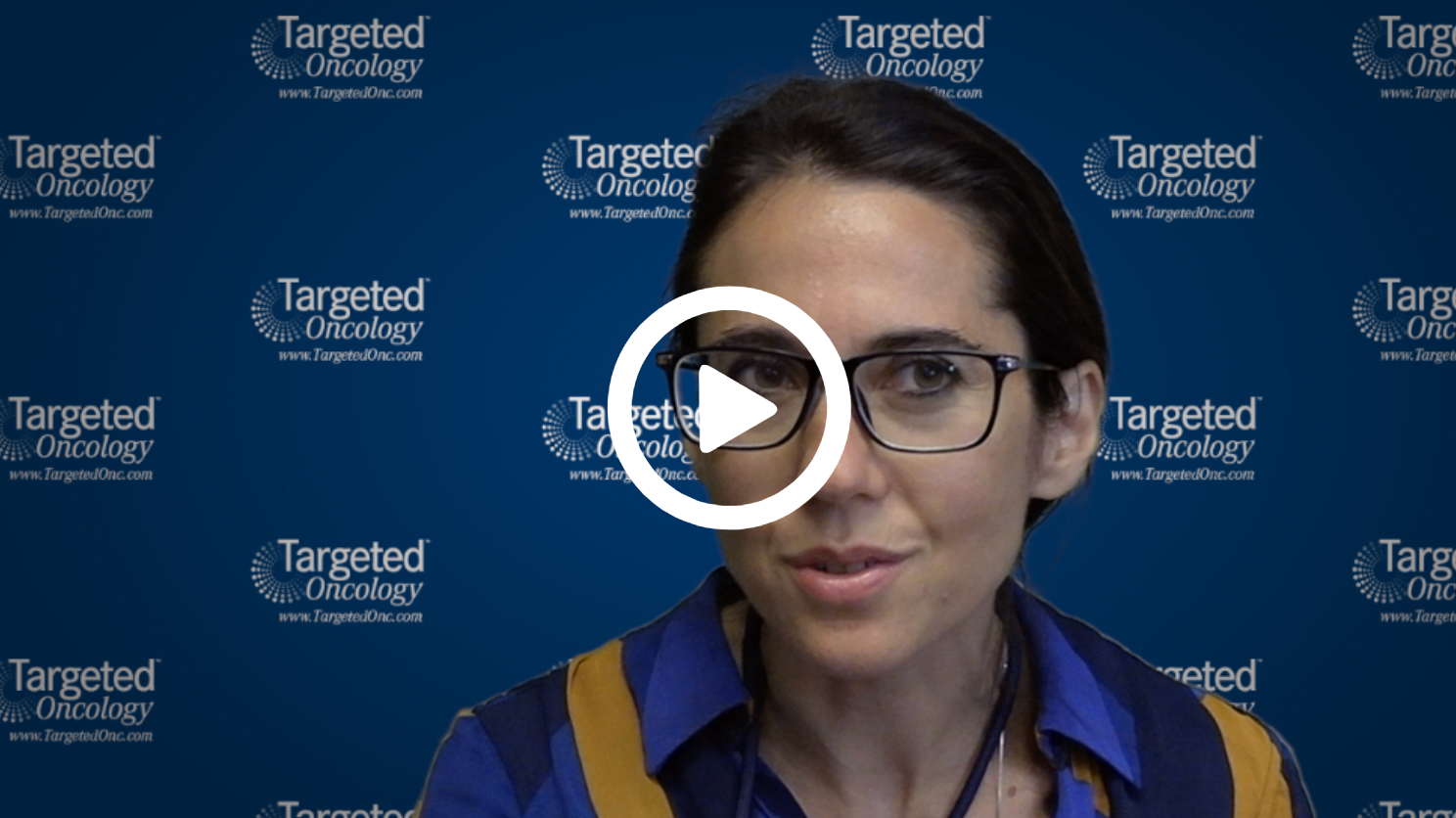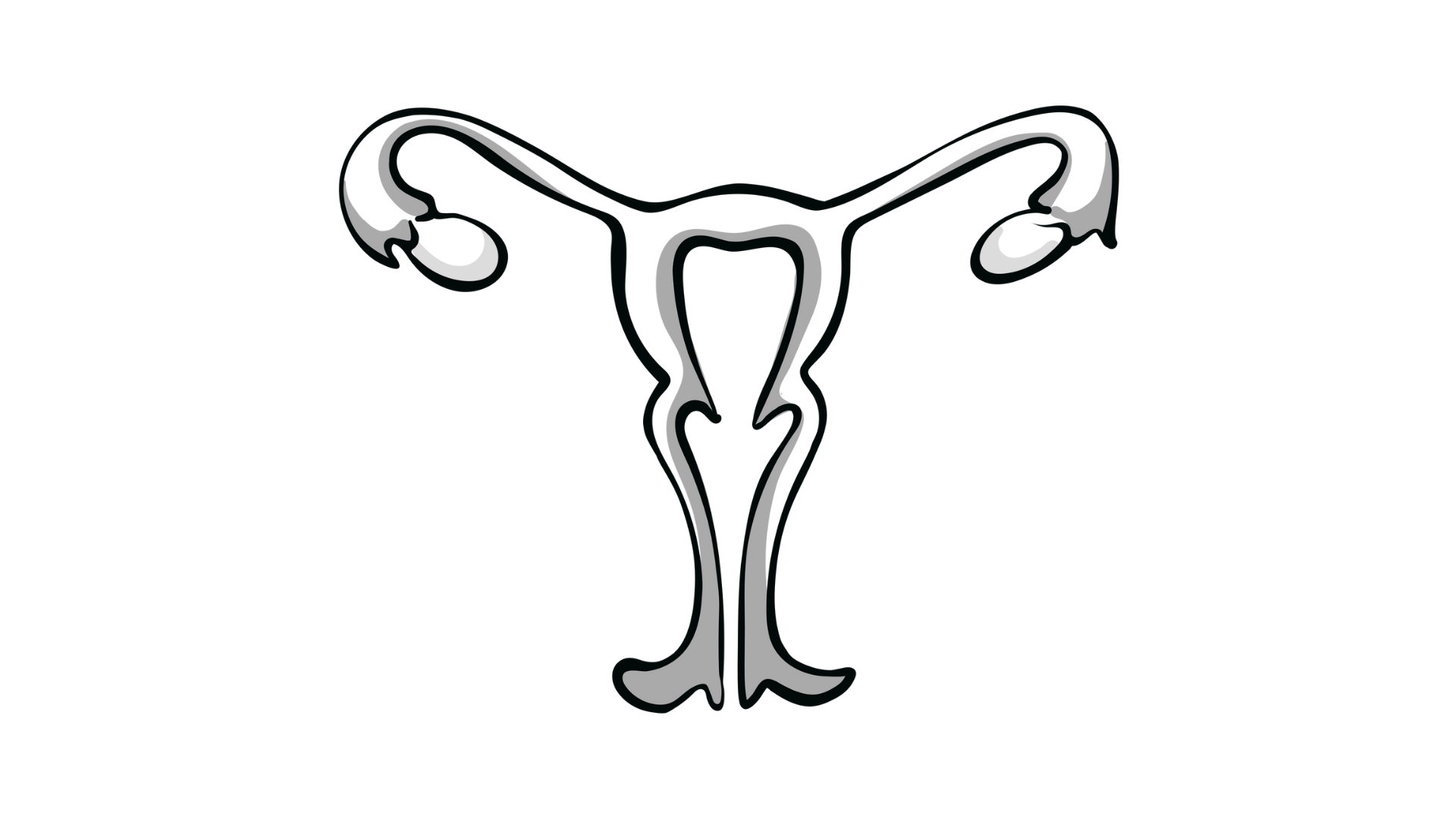ACCC Collaborates to Launch Care Improvement Initiative for Patients With Ovarian Cancer
The Association of Community Cancer Centers has launched the Barriers to Quality Care in Ovarian Cancer project, a collaboration with AstraZeneca, Merck, and partners including the Association for Molecular Pathology, the National Society of Genetic Counselors, and the Society of Gynecologic Oncology. The project aims to understand the key issues associated with ovarian cancer care and provide guidance to help cancer centers implement better care for patients diagnosed with epithelial ovarian cancer.

The Association of Community Cancer Centers (ACCC) has launched the Barriers to Quality Care in Ovarian Cancer project, a collaboration with AstraZeneca, Merck, and partners including the Association for Molecular Pathology (AMP), the National Society of Genetic Counselors (NSGC), and the Society of Gynecologic Oncology (SGO). The project aims to understand the key issues associated with ovarian cancer care and provide guidance to help cancer centers implement better care for patients diagnosed with epithelial ovarian cancer.
In the United States, ovarian cancer is the fifth leading cause of cancer death for women.1However, the disease often goes undetected in the early stages in many cases because ovarian cancer symptoms can be similar to that of other health issues. Instead, women are usually diagnosed in advanced stages where outcomes are worse.
Molecular biomarker testing identifies mutations that could impact patients’ risk level for developing breast cancer or ovarian cancer, as well as mutations that could impact a patient’s response to treatment. New recommendations in guidelines suggest that women diagnosed with ovarian cancer should be offeredBRCAtesting.2Current data show that only 10% to 32% of patients with ovarian cancer undergo genetic testing.3The information obtained about the status of germline and somaticBRCAmutations can help physicians make more enlightened treatment decisions.
Following patients with ovarian cancer from diagnosis to treatment, the Barriers to Quality Care in Ovarian Cancer education project will employ a cancer care team of clinicians from multiple disciplines to cover all aspects of patient care. The mission of the project is to help cancer programs and practices by giving them a better understanding of the barriers they face when caring for patients with ovarian cancer.
The ACCC will lead the application process for the project. Afterwards, 3 cancer programs will be chosen to curate a pilot improvement plan for the ovarian cancer treatment process that addresses the previously identified barriers.
References
- Key statistics for ovarian cancer. American Cancer Society website.www.cancer.org/cancer/ovarian-cancer/about/key-statistics.html. Accessed July 11, 2019.
- SGO Clinical Practice Statement: Genetic Testing for Ovarian Cancer.Society of Gynecologic Oncology website.Posted October 2014. www.sgo.org/clinical-practice/guidelines/genetic-testing-for-ovarian-cancer/. Accessed July 11, 2019
- Kurian AW, Ward KC, Howlader N, et al. Genetic testing and results in a population-based cohort of breast cancer patients and ovarian cancer patients.J Clin Oncol. 2019;37(15):1305-1315.









